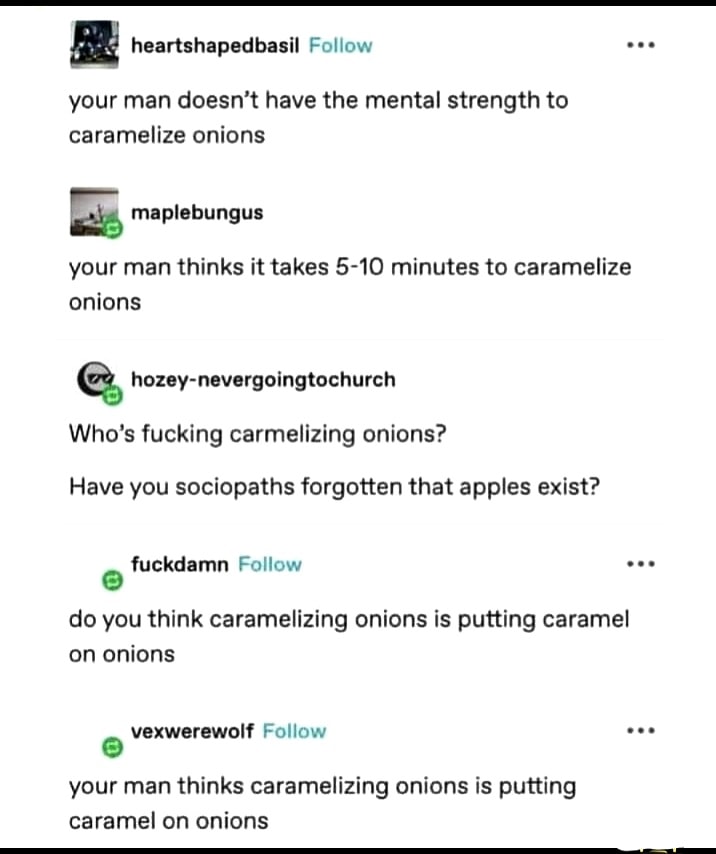30 minutes
https://youtu.be/Ovqhzil3wJw?feature=shared
We start our caramelized onions in a covered nonstick skillet over high heat with ¾ of cup water. The water and steam help the onions quickly soften. Then we remove the lid, lower the heat to medium-high, and press the softened onions into the bottom and sides of the skillet to allow for maximum contact with the hot pan. Instead of finishing with sugar or honey as many recipes call for, we add baking soda, which speeds up the reaction that converts flavorless inulin (a polysaccharide present in onions) to fructose.
